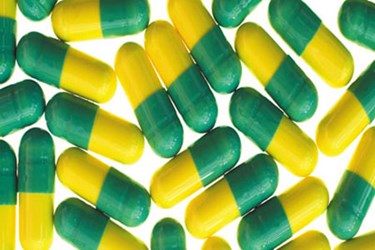Novo Nordisk's Tresiba Shows Efficacy In Children With T1 Diabetes
By Cyndi Root

Novo Nordisk’s Tresiba (insulin degludec) demonstrated its effective in children aged 1 to 18 with Type 1 diabetes. The company announced results from the BEGIN YOUNG 1 trial in a press release and at a meeting of the European Association for the Study of Diabetes (EASD). The once-daily basal insulin is approved in over 30 countries but not in the U.S., as the Food and Drug Administration (FDA) has thus far declined to approve it, citing concerns regarding cardiovascular outcomes.
Novo Nordisk stated that the data from the new trial showed that Tresiba was non-inferior to insulin detemir, but provided no insight on cardiovascular data. Dr. Nandu Thalange, pediatric endocrinologist at Norfolk and Norwich University Hospital in the U.K., said, “These data show that Tresiba has the potential to offer youngsters with diabetes a new treatment option, which may help them achieve better control of their diabetes.” According to Reuters, Novo Nordisk is confident that it can introduce Tresiba to the U.S. market soon and beat its rivals in the process.
Tresiba
Tresiba is a basal insulin, also known as background insulin because it works to keep glucose levels consistent. Most basal insulin works in the long or intermediate time range to keep levels normal. Novo Nordisk states that Tresiba has an “ultra-long duration” of 42 hours or more. Diabetes patients taking insulin are often advised to establish a daily routine for medication administration, however compliance varies due to patients’ lifestyle and responsibilities. The ultra-long action of Tresiba allows patients more flexibility when same time of day administration is not possible.
BEGIN YOUNG 1 Trial
The BEGIN YOUNG 1 trial was a 26-week efficacy and safety trial with a 26-week extension to study long-term safety and efficacy. Children ages 1 to 18 took either Tresiba or Levemir (insulin detemir). Both groups took mealtime insulin (bolus insulin aspart). Tresiba met the trial’s primary endpoint, the change from baseline in Hba1c (%) after 26 weeks of treatment, showing non-inferiority to insulin detemir. The 26-week extension showed that Tresiba patients tolerated a lower dose than insulin detemir while achieving a greater reduction in fasting plasma glucose, the concentration of glucose in the plasma after the patient has not eaten for at least eight hours.
